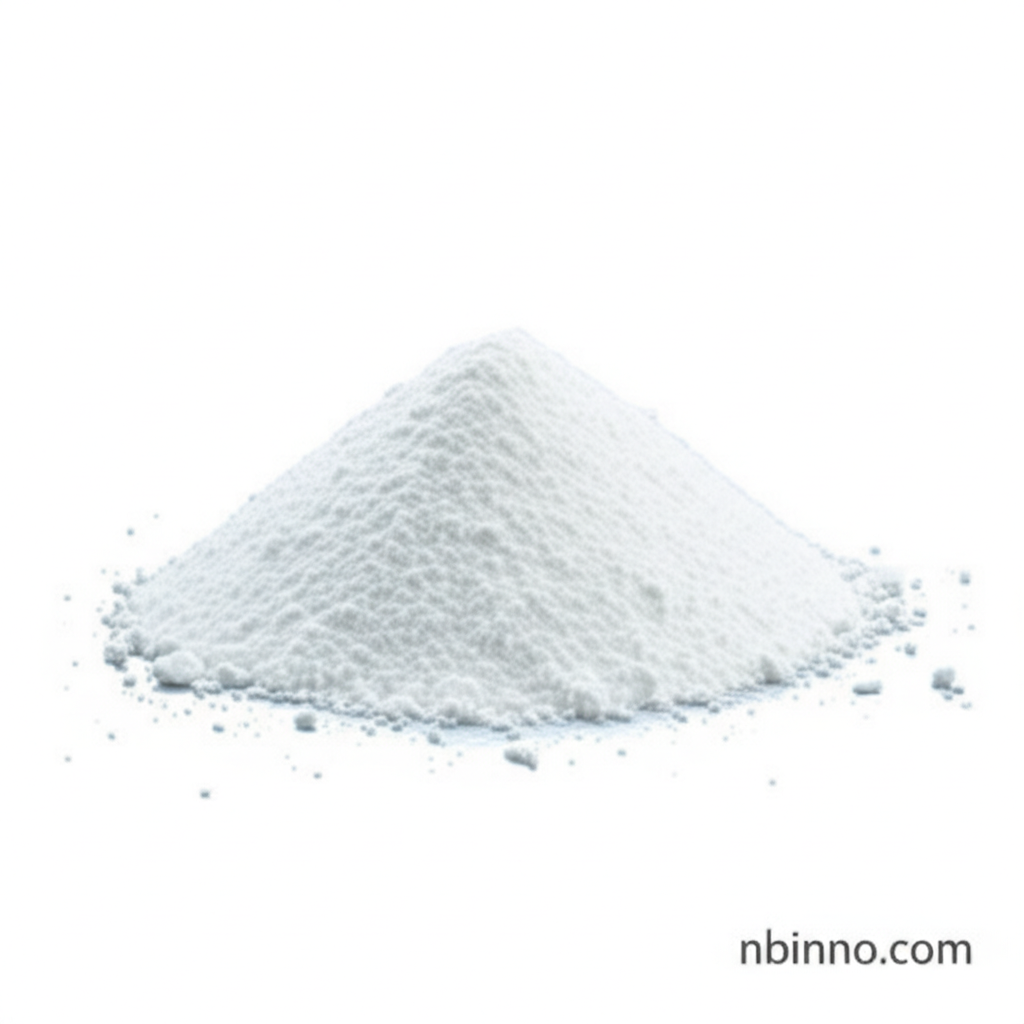Sodium Dichloroacetate: Properties, Applications, and Emerging Research in Cancer Therapy
Exploring the metabolic impact of DCA, its potential in cancer treatment, and its use in various therapeutic contexts.
Get a Quote & SampleProduct Core Value

Sodium Dichloroacetate
Sodium Dichloroacetate (DCA) is a pharmaceutical-grade compound known for its role in metabolic modulation, particularly in the context of cancer therapy. This white powder, with a purity exceeding 99%, is highly hygroscopic and boasts a 2-year shelf life under proper storage conditions. While its primary confirmed medical use is for wart removal, DCA has garnered significant attention for its potential to reverse the Warburg effect in cancer cells, thereby enhancing apoptosis and inhibiting tumor growth. Researchers are actively investigating its synergistic effects when combined with other therapeutic agents, aiming to reduce drug dosage and mitigate side effects. Its application extends to treating metabolic diseases and is an area of continuous research for broader therapeutic benefits.
- Unlocking Anticancer Potential: Research into sodium dichloroacetate cancer treatment highlights its promise in metabolic therapies, potentially offering new avenues for patient care.
- Metabolic Flexibility: DCA's ability to reverse the Warburg effect is crucial for its application in cancer therapy, shifting cellular metabolism towards oxidative phosphorylation.
- Synergistic Therapies: Studies exploring DCA efficacy in hepatocellular carcinoma and other cancers demonstrate its potential to work synergistically with other drugs, enhancing overall therapeutic outcomes.
- Beyond Cancer: Beyond its anticancer research, DCA has applications in treating metabolic disorders, showcasing its versatile pharmacological profile.
Key Advantages
Metabolic Pathway Targeting
DCA targets key metabolic pathways in cancer cells, offering a precise approach to therapy by reversing the Warburg effect, a hallmark of many cancers.
Enhanced Apoptosis Induction
The compound has shown potential in promoting programmed cell death (apoptosis) in cancer cells, a critical mechanism for tumor elimination.
Synergistic Therapeutic Effects
When combined with other treatments, DCA can amplify therapeutic efficacy, potentially allowing for lower drug dosages and reduced toxicity.
Key Applications
Cancer Therapy Research
Investigating the sodium dichloroacetate cancer treatment potential and its role in reversing the Warburg effect showcases its promise in novel oncology strategies.
Metabolic Disease Management
DCA's ability to modulate cellular metabolism makes it a candidate for treating various metabolic disorders, an area of ongoing research.
Wart Removal
The only currently confirmed medical use for DCA is in the topical treatment of warts and other skin growths.
Synergistic Drug Development
Research into DCA's anticancer potential often focuses on its synergistic effects with other agents, leading to improved treatment outcomes.
